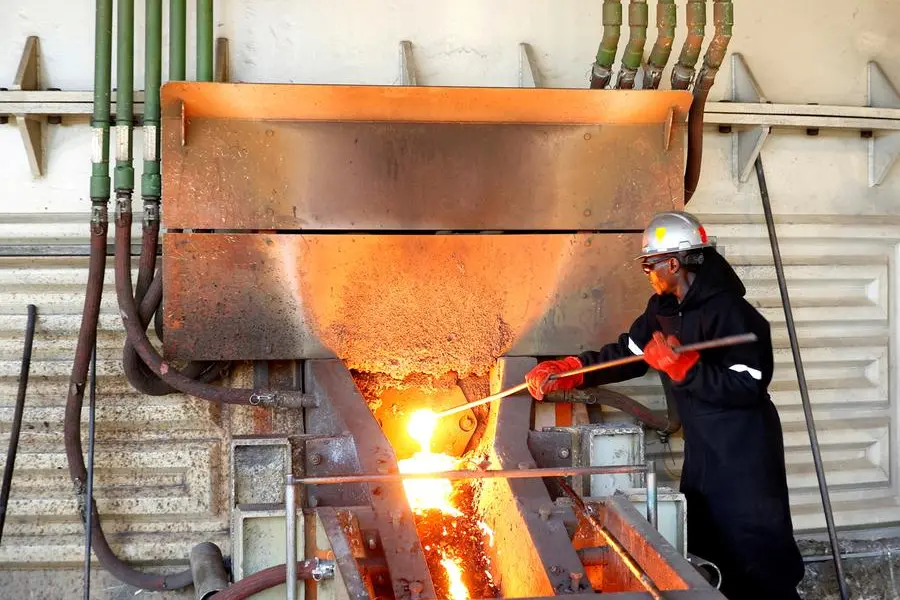PHOTO
LONDON: The World Platinum Investment Council (WPIC) said on Tuesday it expected a deficit of the metal used in vehicle exhausts, industry and jewellery in 2023 after a hefty surplus this year.
It said use by auto makers would rise and investors would flip from net sellers to net buyers, pushing demand in 2023 up 19% to 7.77 million ounces, the most since 2020.
Power outages and maintenance at mines in top producer South Africa will meanwhile restrict supply, creating a deficit of 303,000 ounces next year, said the WPIC, which uses data from consultants Metals Focus.
The WPIC also said the market would be oversupplied this year by 804,000 ounces, less than the 974,000-ounce surplus it said it expected in its last quarterly report in September.
Auto industry demand is being boosted by rising vehicle production and tighter regulations requiring more metal in exhaust systems to neutralise emissions.
Manufacturers are also replacing palladium with cheaper platinum to save money, with such substitution accounting for 340,000 ounces of platinum demand this year and just over 500,000 ounces in 2023, the WPIC said.
Purchases of platinum bars and coins will rise 49% next year as buying in Japan increases, the WPIC said, while outflow of metal from exchange traded funds and exchanges should slow considerably.
It said demand from industry would be the second highest on record in 2023 as use by glassmakers increases by 52%.
Despite oversupply, availability of platinum has been tight because China has imported 2.5 million ounces since early 2021, the WPIC said.
These imports are not included in the WPIC's demand data as it is unclear whether and how they are being used.
"These excess imports, whether used or held as inventory, exceed the 2021 and 2022 global surpluses combined, and will not be available to re-enter Western markets to address the deficit in 2023 due to domestic export controls,' said WPIC chief executive Trevor Raymond.
"This could lead to an even further tightening of the platinum market next year," he said. Following are numbers and comparisons.
(Reporting by Peter Hobson. Editing by Jane Merriman)





















